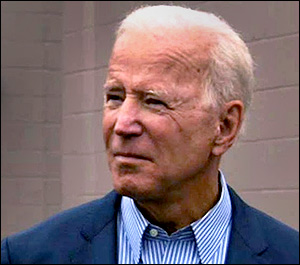By Jim Ellis
Aug. 10, 2020 — Former US Ambassador to Japan Bill Hagerty won the Tennessee Senate Republican nomination last Thursday night with a 51-39 percent victory margin over his chief opponent, Dr. Manny Sethi, a Nashville surgeon, in the nation’s only Thursday primary.Now as the official Republican nominee, Hagerty becomes the prohibitive favorite in the general election against businesswoman and environmental activist Marquita Bradshaw, who was an upset winner in the Democratic primary despite spending virtually no money on her campaign.
The last three publicly released Republican primary polls, from JMC Analytics, the Trafalgar Group, and Victory Phones, all forecast a 3-4 point edge, far below Hagerty’s actual percentage spread. The Tarrance Group, which polled at the end of June, was much closer to the final result, predicting a 46-29 percent split in Hagerty’s favor. The surveys, however, were completed through July 19, so it is possible that his late message blitz was responsible for Hagerty gaining strong momentum in the campaign’s final stage that led to a strong victory.
The Democratic side actually became more curious. Attorney James Mackler, who raised and spent more than $2 million and was viewed as a heavy pre-election favorite for Thursday night’s vote, not only lost to Bradshaw, but placed a poor third. In between Bradshaw and Mackler was attorney and Unitarian minister Robin Kimbrough. Together, she and Bradshaw are reporting spending only $17,000 on their combined political effort through the July 17 pre-primary financial disclosure period.
The Republican primary turned into a hard-fought battle between Hagerty, who spent over $9 million, and Dr. Sethi, who was making his first venture into elective politics. Sethi raised and spent well over $4 million. The contest was personal at the end, with both candidates trying to get to the right of the other and launching negative attacks. Hagerty had President Trump and Sen. Marsha Blackburn’s (R) combined endorsement, signaling that he had the conservative credentials necessary to win a Tennessee Republican primary.
East Tennessee Rep. Phil Roe (R-Johnson City) is retiring after serving what will be six complete terms and his successor will be pharmacist and political activist Diana Harshbarger.






